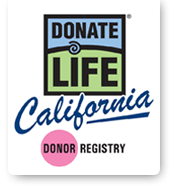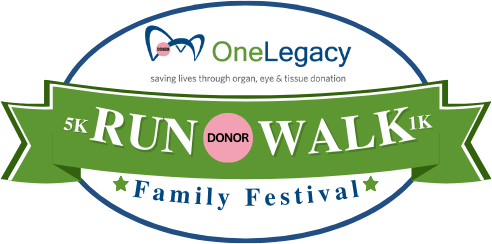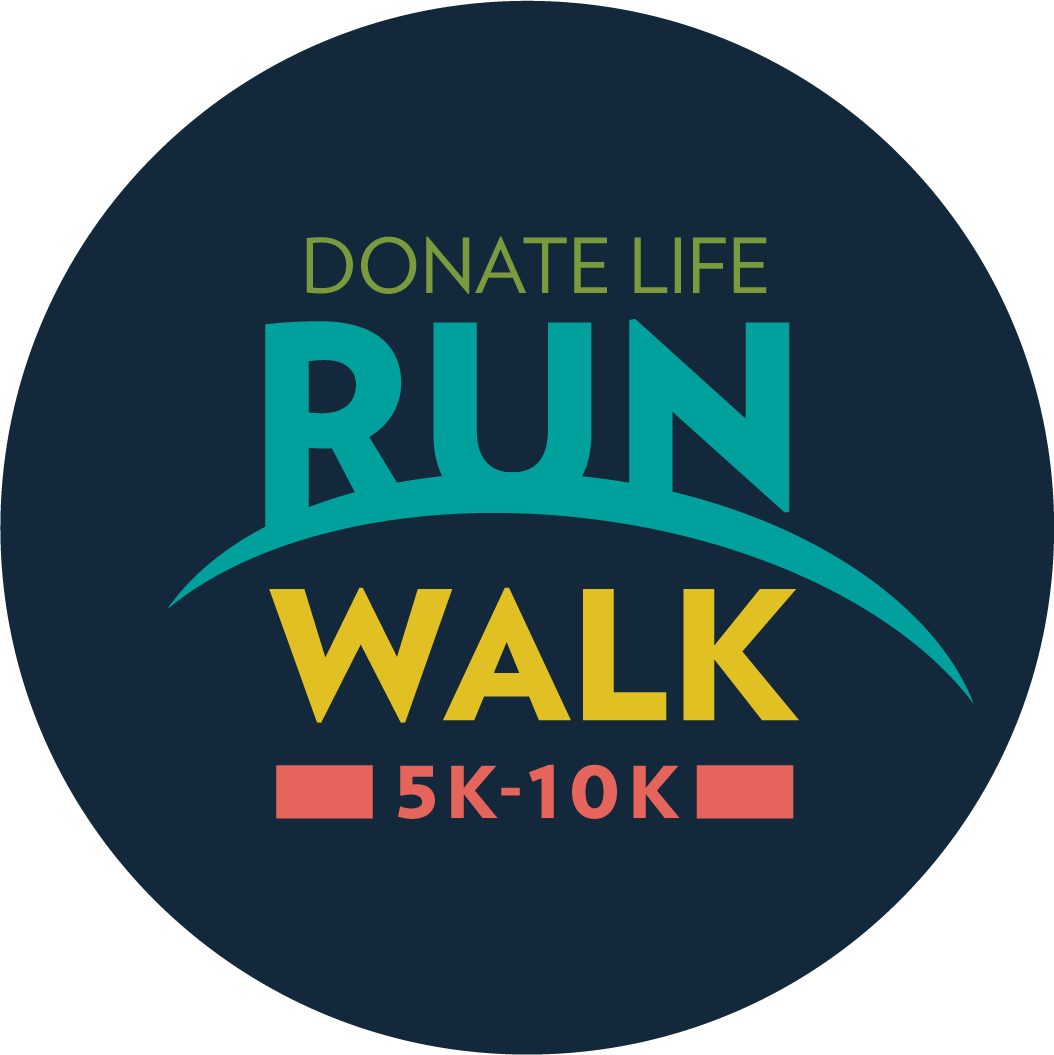
Thirty-three year old Coralia Salazar feels deep gratitude that she is now living a “normal” life. She says she no longer has to look over her shoulder in fear.
A stranger is responsible for her new outlook – a stranger who gave her a heart and a second chance. Because of Coralia’s organ donor, her three children, have a healthy mother who is there to watch them grow up. “I’m back to where I was – with a normal life again,” says Coralia. “The kids aren’t scared anymore and neither am I. I know I’ll be OK.”
In October of 2009, Coralia thought she had the flu. Doctors told her it was allergy-induced asthma and sent her home with an inhaler. Coralia, who was also going to school at the time, says soon after her doctor’s appointment she couldn’t even walk from the parking lot to her classroom without stopping two to three times, completely out of breath.
Coralia went to the emergency room twice in one day. Initially she was told she had pneumonia and was sent home with antibiotics. Due to overwhelming chest pains and nausea, she went back to the ER the same day. Finally, it was discovered she had cardiomyopathy, a deadly heart condition. One of the nurses told Coralia that if she hadn’t come to the hospital when she did, she would have died. Her lungs were so full of fluid that she was suffocating. In February 2010, four months after her first symptoms, Coralia was placed on the waiting list for a life-saving heart transplant.
During the next few months, Coralia’s health continued to deteriorate. In April 2010 she underwent surgery for an LVAD, a left ventricular assist device that is often referred to as “a bridge to transplant.” Its job was to do most of the work of her heart and until a donor heart became available. The LVAD was important to have considering that at the time Coralia had also suffered a stroke and her heart was operating at only 25 percent capacity.
Finally, after numerous scares, and her children having to call for an ambulance twice when Coralia became unresponsive, Coralia received the gift of life – a heart transplant. “On April 9, 2011, just one day before the year anniversary of the LVAD being placed in me, we received the call we’d been waiting for,” remembers Coralia.
“Today, I’m thankful, very thankful. My heart represents a new start for me and my family. The kids aren’t scared anymore that I won’t be here. And me? I’m back to where I was – with a good life. Because of the generosity of my donor, my heart is strong and so am I. I hope everyone will consider giving the gift of life by signing up on the Donate Life California Registry. It’s about giving life.”
High concentration of Azithromycin in infected tissues is also caused by the fact that phagocytes and macrophages transport it to the site of infection and release in the area of inflammation. Azithromycin is prescribed in case of illness or injury at the time.







